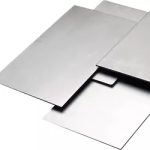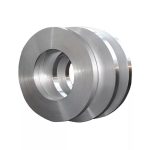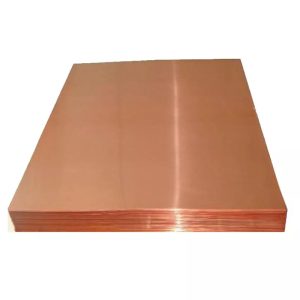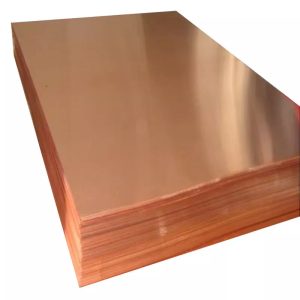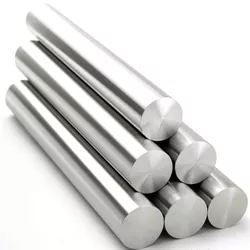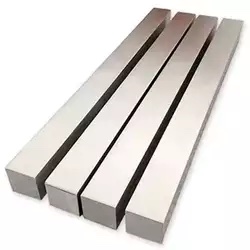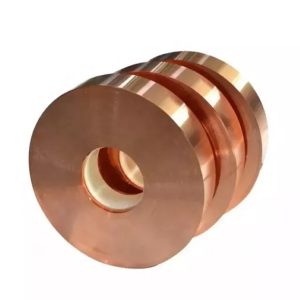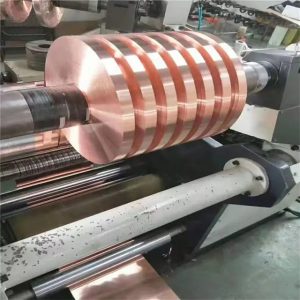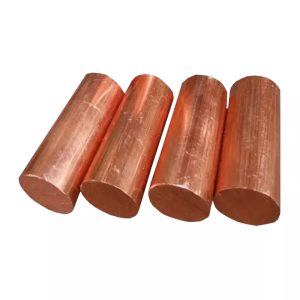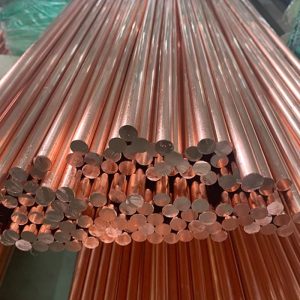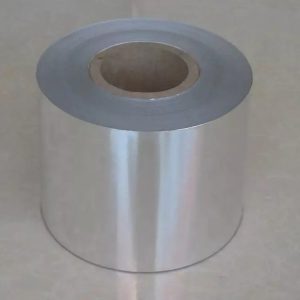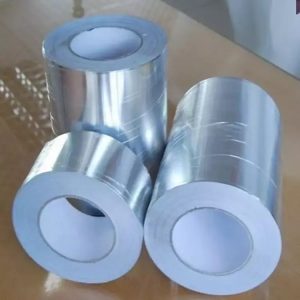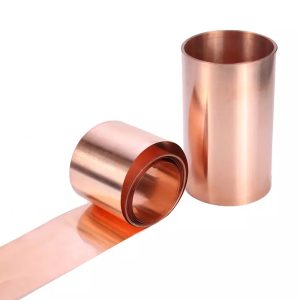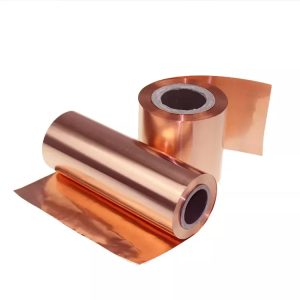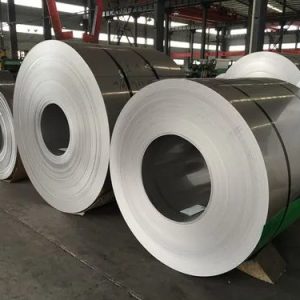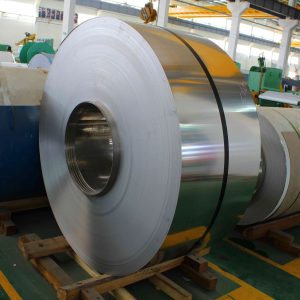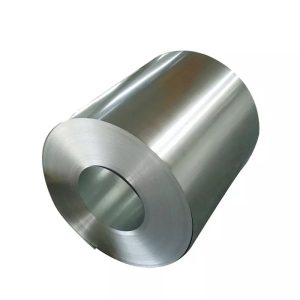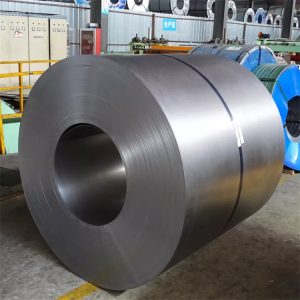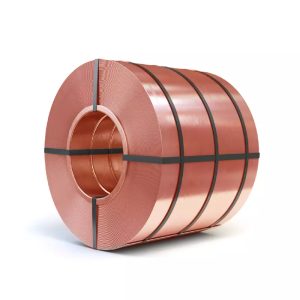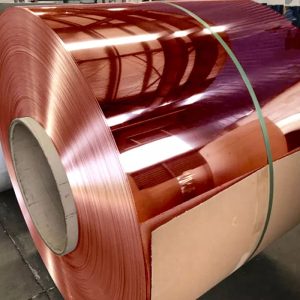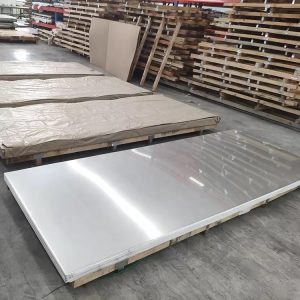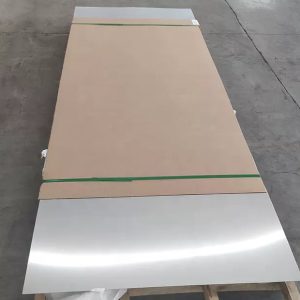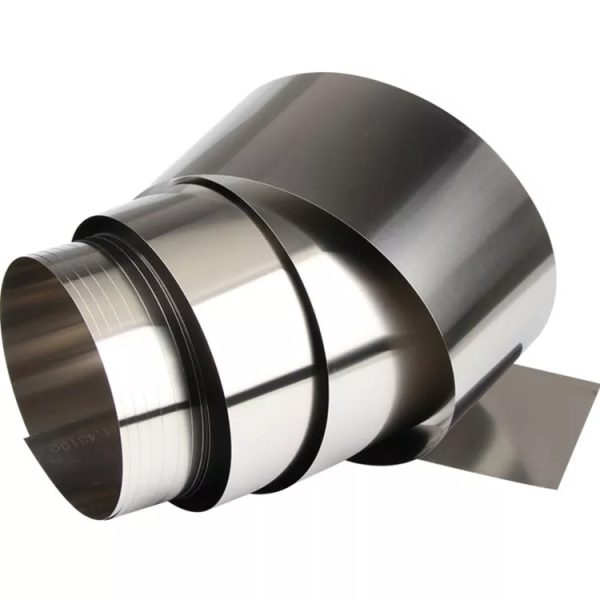

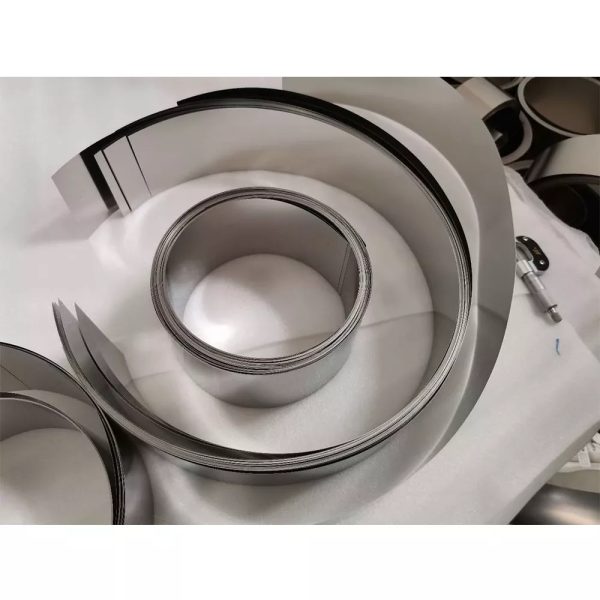
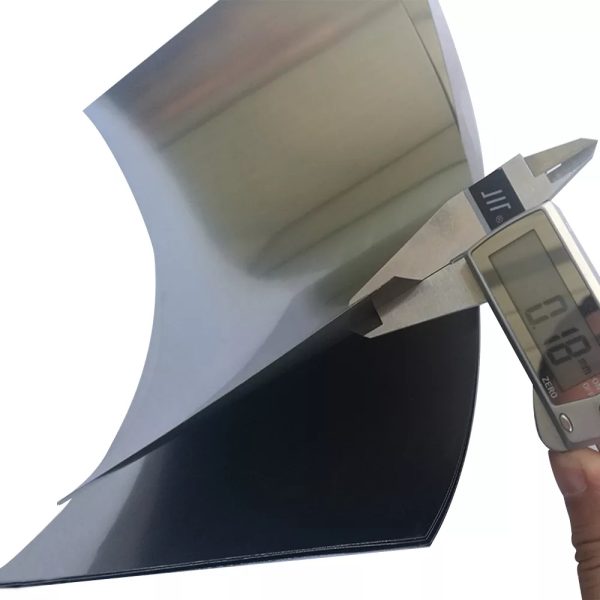
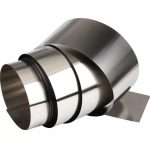

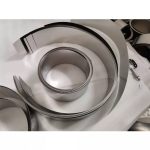
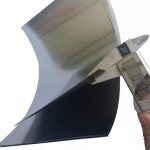
Titanium Foil
Titanium foil is a titanium plate, strip, roll or sheet with a thickness of less than or equal to 0.3mm. The maximum width of rolled titanium foil is about 600mm.
The width of the titanium foil is cut according to the requirements of the user.But the wider the manufacturing, the higher the productivity.
Titanium foil is mainly used in aerospace, navigation, nuclear power, electronics, chemical industry, petroleum, precision manufacturing, medical pharmaceutical and other aspects.
If you need more information,please contact us
- Description
- Inquiry
Description
Titanium foil – Preparation Method
The raw material for industrially producing titanium is mainly rutile ore or high titanium slag (containing 92% or more of Ti02). Titanium sponge production process is based on high titanium slag and petroleum coke as raw material for the production of titanium tetrachloride. Titanium sponge can be obtained by reducing refined titanium tetrachloride with magnesium or sodium in a rare gas stream.
Magnesium reduction distillation method: the proportion of high titanium slag and petroleum coke is 100 (30~33), and the mixture is broken to less than 160 mesh, and sent to the fluidized bed chlorination furnace, and the chlorine gas is passed through the bottom of the furnace, uniformly enter the reaction section of the furnace body, and react with the mixed material of high titanium slag and petroleum coke. The reaction temperature was about 850 °c. The generated titanium tetrachloride gas is discharged from the top of the furnace and enters two separator dust collectors connected in series, so that high boiling points such as iron trichloride, iron dichloride, manganese dichloride and aluminum trichloride mixed in the titanium tetrachloride gas are deposited at the bottom of the separator dust collector. The gas was reintroduced into the two sets of condensers connected in series, and the titanium tetrachloride gas was cooled to below 136 ° C. To obtain a crude titanium tetrachloride solution. The low-boiling matters, such as silicon tetrachloride, therein are distilled off by means of a float valve column distillation. After heating to 140 ° C. In a copper chip Tower, the gasified titanium tetrachloride is passed into a copper chip Tower, and the contained impurity vanadyl trichloride is reduced by copper to a low-valent chloride of vanadium. The purified titanium tetrachloride gas discharged from the top of the column was subjected to a reduction reaction with magnesium in a rare gas stream at about 900 ° C. To obtain titanium sponge. Since the resulting sponge-like titanium also contains magnesium chloride as a by-product and unreacted magnesium, the sponge-like titanium must be placed under a vacuum of 0.1 to 10-3 Pa, the impurities were separated from the titanium by heating to about 1000 °c.
Titanium foil – Use
titanium alloy has high strength, a large number of structural materials used in the manufacture of military supersonic aircraft, compression Components of jet engines, components of aircraft frames, housings, fire barriers, rivets, structural components of air transport equipment, there is a “space metal”; Military facilities and military ships armored plate and propeller blades. In the civilian industry, titanium and its alloys can be used in the manufacture of various pumps, valves, filtration, evaporation equipment wire mesh and various machine parts. Powdered titanium can be used as an oxygen scavenger in the electron tube manufacturing process.
Titanium foil – Safety
hazard code: flammable solid. GB4.1 class 41505. UN NO.2678 (strontium powder). IMDG CODE P. 4177, Class 4.1. Each batch of product should be divided into galvanized iron barrels lined with plastic film, and the weight of each (piece) of the drum is 70~250, and it is sealed with a large open cover. Magnesium reduction titanium must be evacuated and filled with argon in the barrel after packaging. Titanium can be protected without argon by sodium reduction. “Moisture-proof” shall be indicated on the outside of the packaging barrel. Should be stored in a ventilated, dry warehouse. Shall not be stacked in the open air, and shall not be mixed with acid, alkali and other corrosive substances. During the transport process, it is necessary to prevent rain and humidity. During loading and unloading, care should be taken to prevent breakage of the packaging barrel. Titanium tetrachloride used in the production process can make people suffering from chronic bronchitis, chronic hypertrophic rhinitis, pharyngitis. Autonomic nervous system dysfunction, increased tendon reflexes, tremor of the eyelids and hands, hyperhidrosis. Thermal burns were more difficult to heal when exposed to 10% titanium tetrachloride solution. When exposed to titanium tetrachloride smoke, wear an industrial filter gas mask. To protect the eyes and skin. If you accidentally spatter on the skin, wipe it off with cotton gauze and then wash it thoroughly with water. Production equipment should be closed and the workshop should be well ventilated. Dry powder and dry sand can be used to put out the fire, and water, foam and carbon dioxide are strictly prohibited. In case of high heat or intense combustion, explosion may be caused by water suppression.
Product name | Titanium Foils |
Material | Titanium alloy |
Standard | ASTM B348 |
Shape | Coils |
Length | >100mm,Customized |
Thickness | 0.02-0.30mm,Customized |
Grade | Different |
Weight | Different |
Surface | Customized |
Color | Natural color |
MOQ | 100 kg |
Package | Customized |


